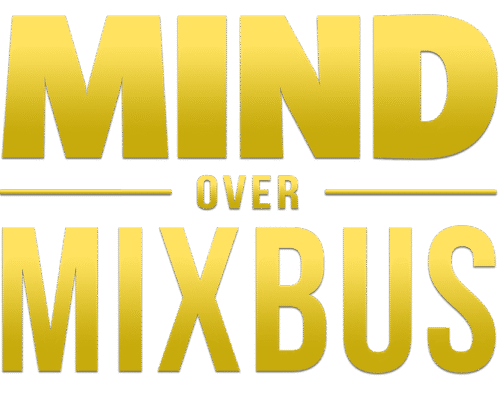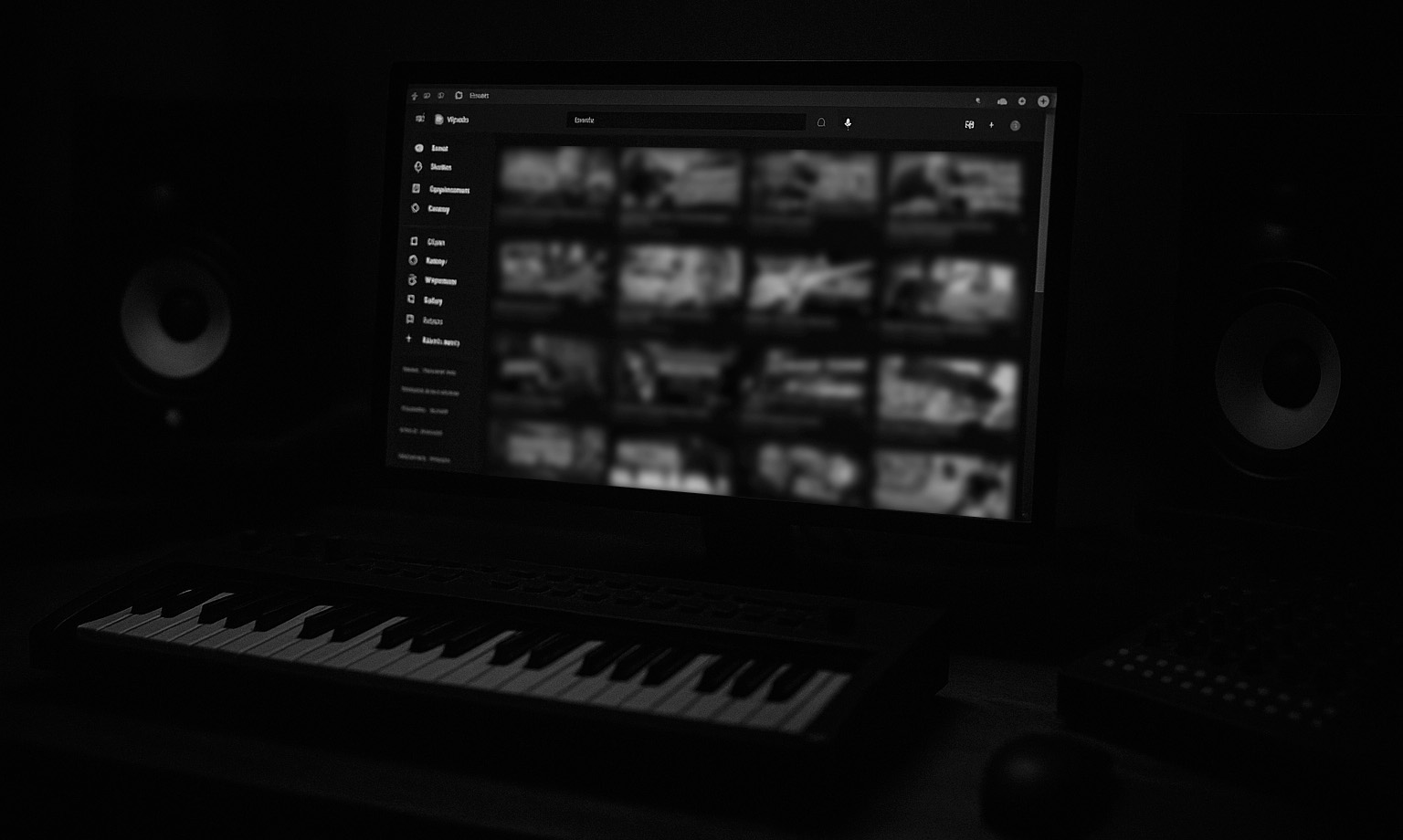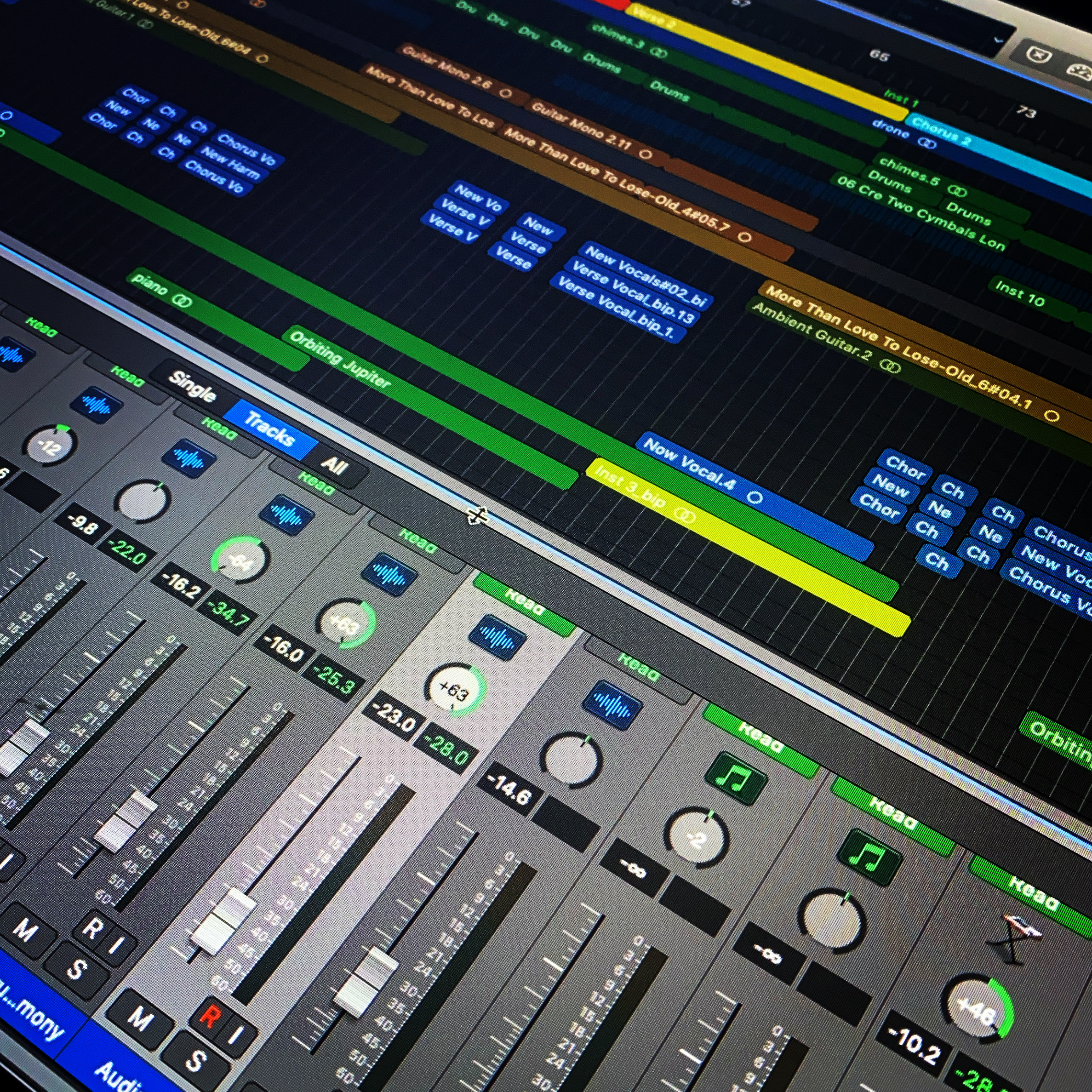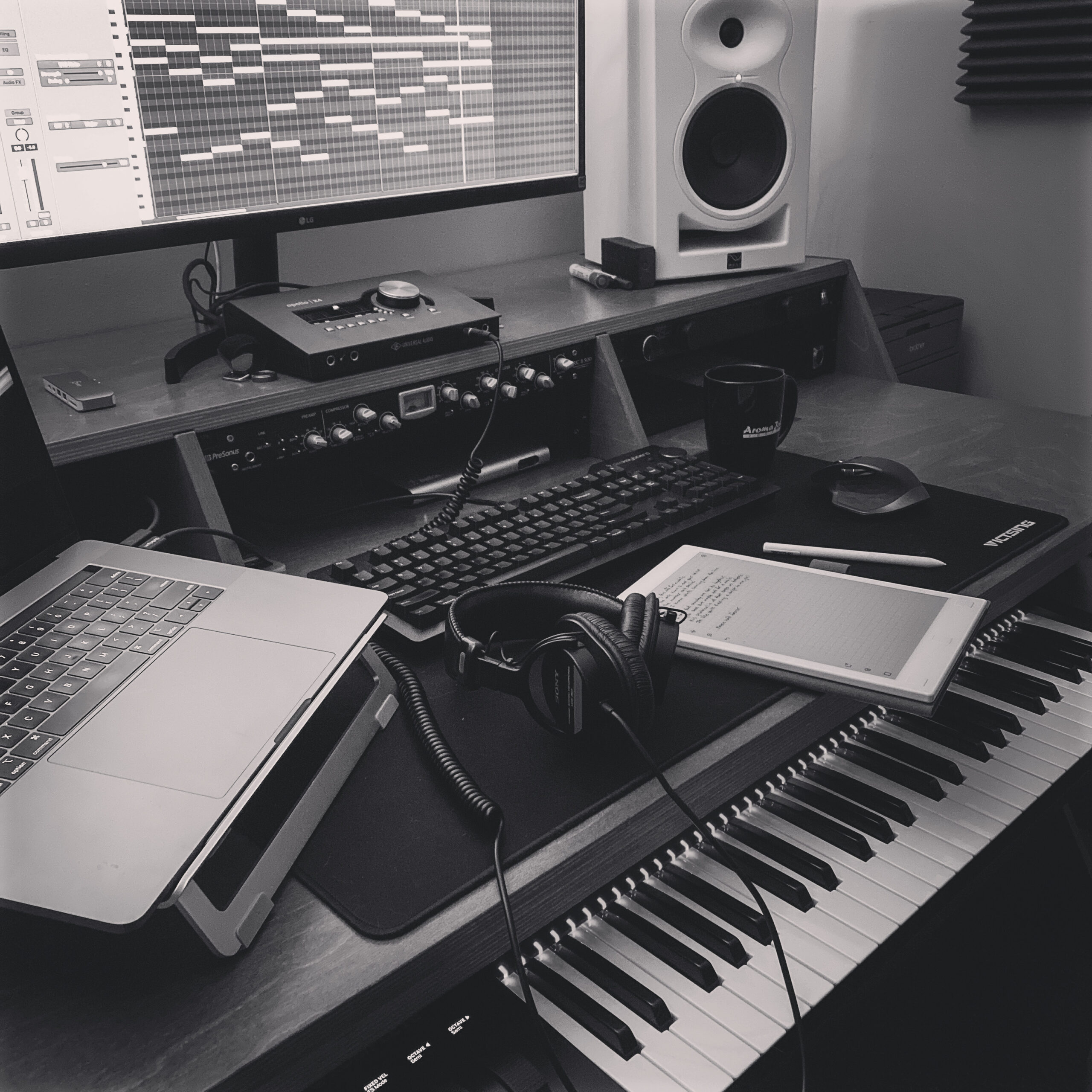Play the podcast version below.
When it comes to music, I’m a chronic starter.
I have the tendency to open my DAW, write something on guitar, build a drum groove, maybe layer some parts — and then save the session, shut down my computer, and never touch it again. Because starting is fun, and finishing takes focus. Rinse and repeat that for 15 years, and what you end up with is a hard drive full of half-finished songs and a brain that can’t stop thinking about them. What I started to realize is that all those unfinished projects weren’t just taking up space on my hard drive. They were taking up space in my head too.
And it turns out that there’s actually a name for that. It’s a psychological principle called the Zeigarnik Effect, which says that your brain holds onto unfinished tasks more than finished ones. So in this case, think of every abandoned song like a browser tab left open in your brain. You might not be working on it, but your mind hasn’t let go. And if you’re anything like me, that’s a lot of browser tabs.
One project, in particular, has haunted me for years.
In 2013, I joined a band called City/Ruins. We tracked a full album — and then the band broke up. I had all the files, and finishing it was on me. I spent years procrastinating on the vocals, tweaking the mix, searching for YouTube tips that might magically make it sound the way I heard it in my head. It went unfinished for over a decade. And it quietly ate at me the whole time.
Toward the end of 2024, something shifted for me. I decided to stop letting old projects pile up and start doing something about them. It was time to take a deep dive into my project folder and see what was worth finishing and what wasn’t.
Part 1: Taking Inventory
I’ve never been great at keeping my files organized, so before opening anything up, I decided to take some time to rearrange my folder structure. I thought about it a bit, and decided to group my projects by year. So I created a folder for every year between 2009 and 2024, looked at the create date for each session, and dragged the project folder into the appropriate year.
It was interesting to see everything laid out like this for two reasons:
- I could see the ebb and flow of my songwriting. Some years I really worked on a lot of stuff, others not so much.
- I now had an easy way to see just how long some of these tracks have been hanging around. I kind of had a sense about some of them, but now it was concrete.
With that done, it was time to evaluate.
Part 2: Evaluation
I started with the oldest tracks first. Opening them up one at a time, listening through and being really honest with myself about them.
Was this sketch/loop/idea inspiring?
Was I ever really going to do anything with it?
Is there anything worth saving?
I ran into a few common scenarios.
- It was just pure trash. I was messing around with an idea or a texture, but it wasn’t going anywhere and wasn’t inspiring. Action: Delete the project.
- There was an interesting idea or riff, but the execution wasn’t good. (Very common for 10+ year old tracks) Action: Bounce it down and delete the project.
- The idea itself wasn’t worth saving, but there was a cool instrument patch or tone setting. Action: Save the patch as a preset and delete the project.
- There’s a good idea or a strong demo that is worth finishing. Action: Keep it.
I was hesitant to delete anything at first, since I tend to have a bit of a creative scarcity mindset — as though I’m never going to be able to write more music if I get rid of these. But the reality is if it’s been sitting around untouched for years, and didn’t inspire me in any way when revisiting it, it’s not worth keeping. You’ve got to be ruthless.
Part 3: Organization
Once the dead weight had been cut, I could really see what I had to work with. I won’t get into folder structure too much in this post, but I would encourage you to experiment and find something that makes sense to you. Keep it simple to start.
I took all the bounced ideas and put them into an “Ideas” folder for easy access later.
Then I made a folder called “Work On These Next” and put all the best demos / mostly finished songs in there. Every time I’m ready to pick something to finish, that’s where I pull from. Everything else just stays where it is.
If you have specific goals for your music, you could use that as a way to organize your folders as well. For example I’ve recently added a folder specifically for tracks that I plan on turning into loops for video game asset packs.
Part 4: Finishing
Now that I knew what I had to work with, I picked out one song from that old album — and I finished it. Vocals, mix, everything. Done and released. It wasn’t “perfect”, but it was done. And that changed everything. Finishing that first track felt like closing a loop that had been open in my brain for over ten years.
Since then, I’ve started approaching my sessions with more focus, more structure — and way less guilt. And I’ve got momentum on my side.
Want to feel that momentum too? Set aside an hour this week. Go into your project folder, sort by date, and start opening things up.
Ask yourself: Is this idea worth finishing?
- If it’s a one-bar loop that doesn’t spark anything — delete it.
- If it has a vibe but no structure — bounce it to WAV and save it for future inspiration.
- If there’s an instrument patch or tone that you like, save it as a preset.
- If it still excites you — keep it and label it as “finish-worthy.”
Then take what’s left and organize it in a way that makes sense to you.
Next, pick something to finish.
And finish it.
——
Want to get extra nerdy with your organization?
Try creating a spreadsheet or Notion database to catalog all your tracks and sketches. I’ve been building a Notion template for this myself, and it’s been surprisingly helpful in keeping everything labeled, sorted, and easy to act on.
If you want to give it a shot, you can Download The Template and tweak it for your own system.
If you’re sitting on a hard drive full of unfinished music and not sure where to start, you’re not alone. In upcoming posts (and on the podcast), I’ll be digging into how to actually finish your music, even with limited time and focus.
Got a mountain of half-finished ideas? How are you approaching it? Drop a comment or shoot me a message — I’d love to hear what’s working (or not) for you.





Leave a Reply